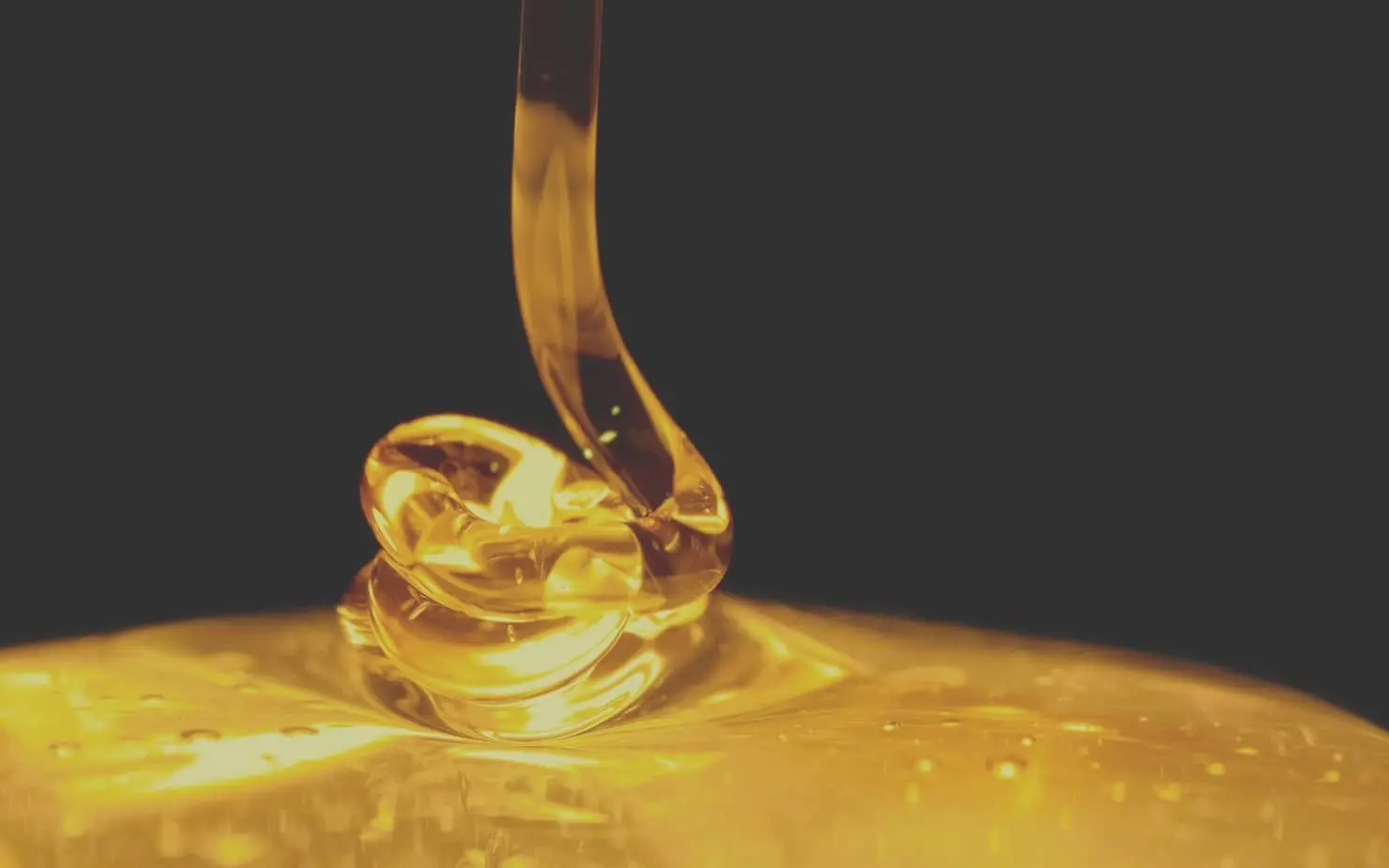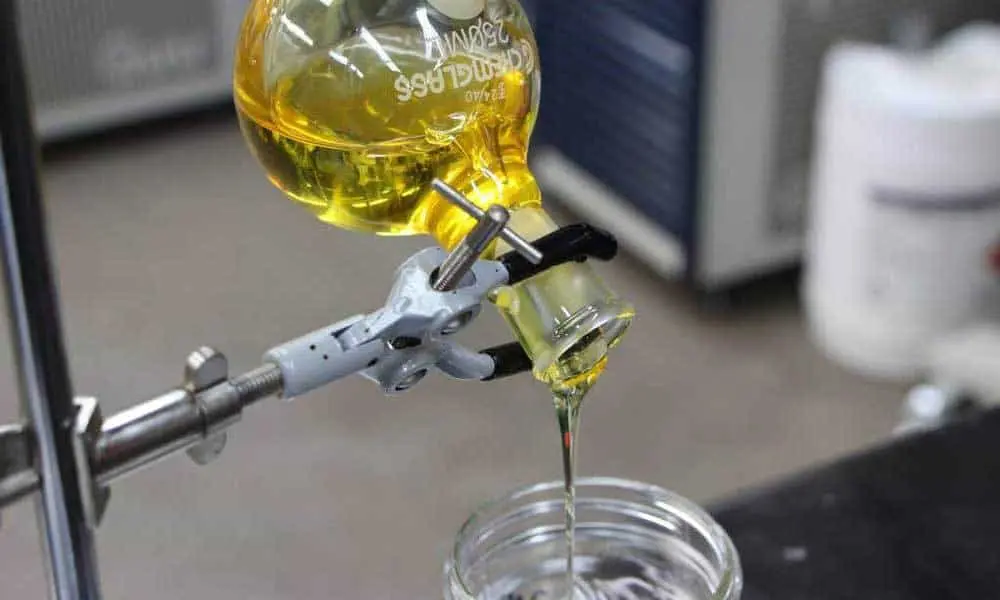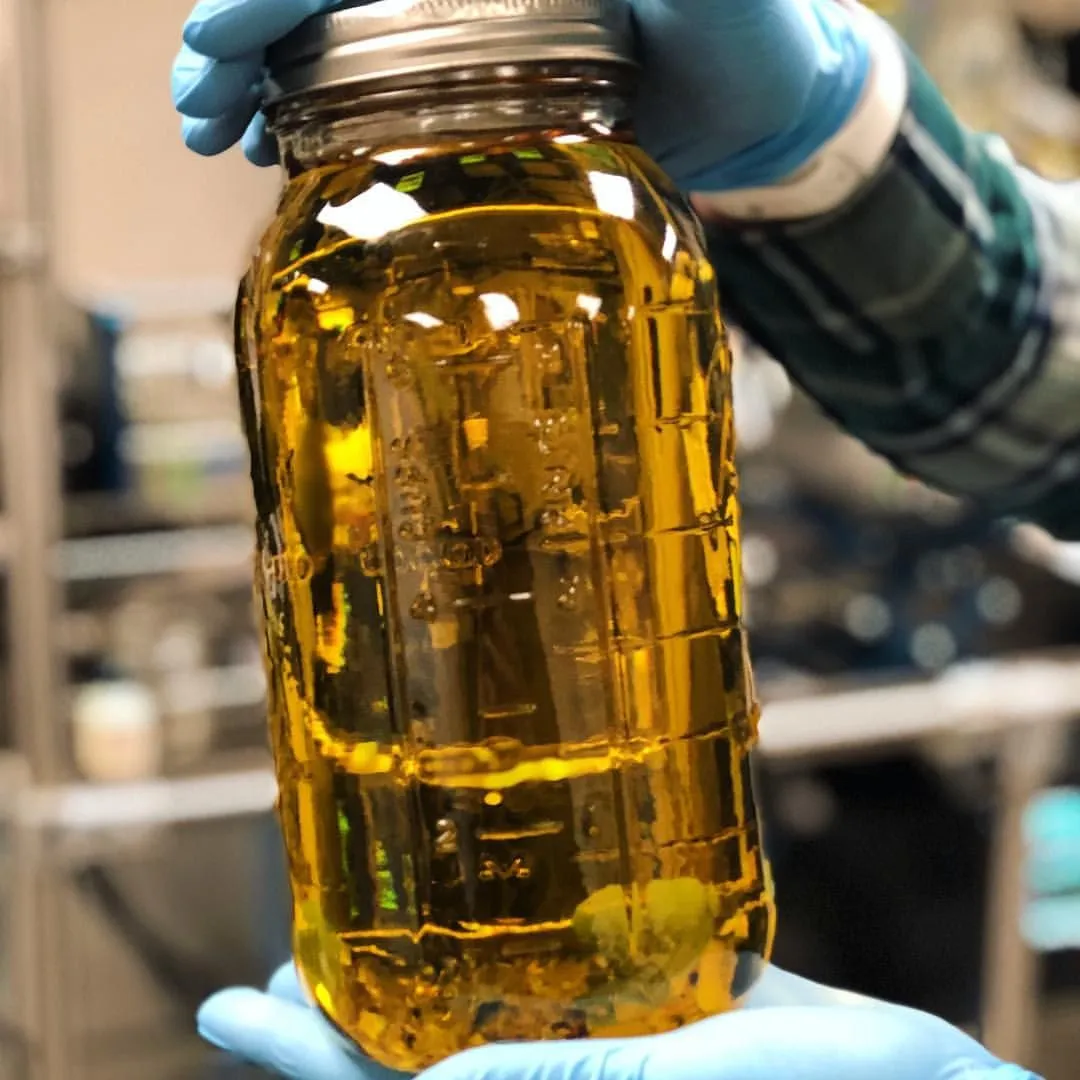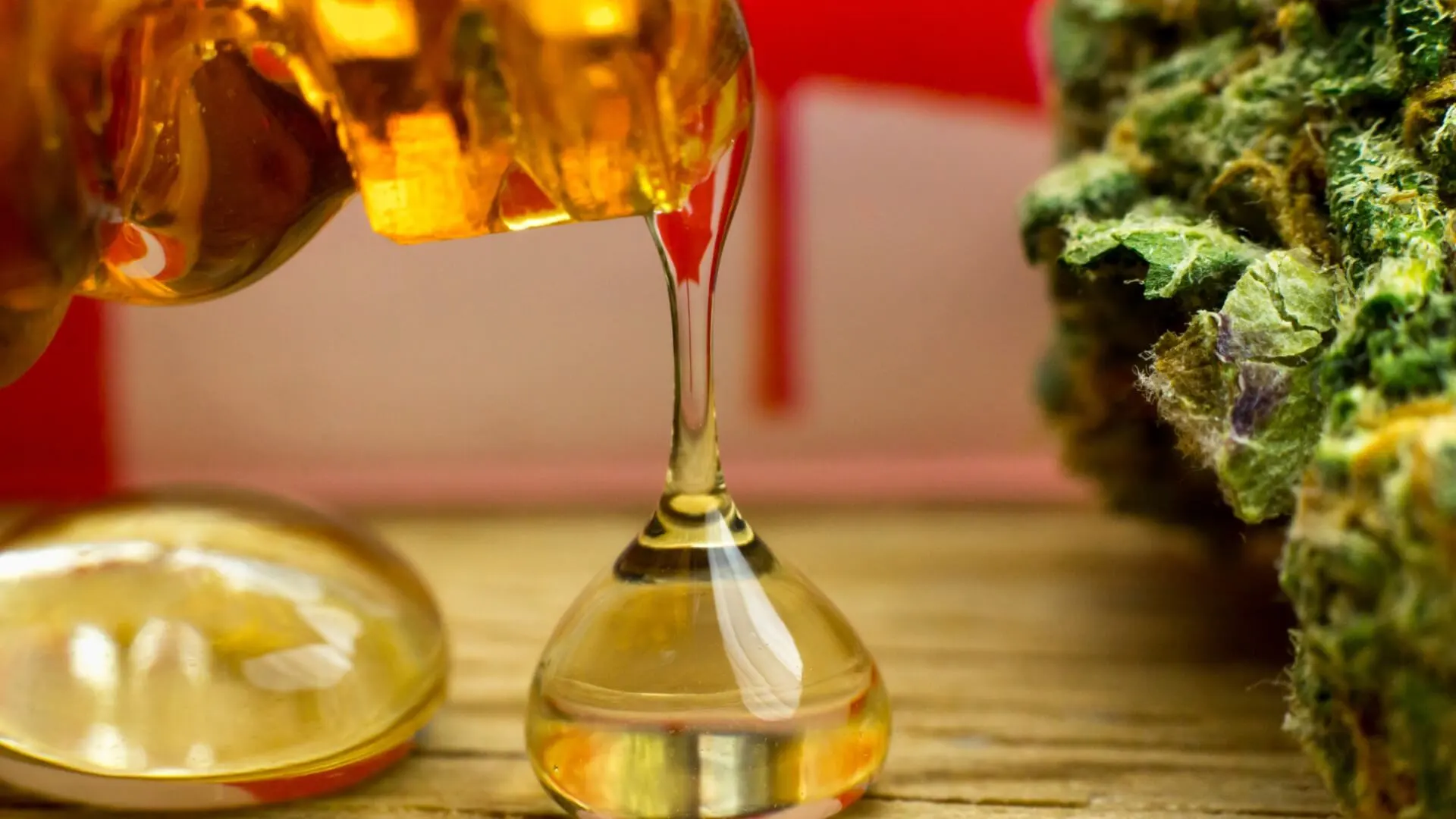In the world of cannabis products, THC distillate stands out as a pinnacle of purity and potency. This high-potency cannabis concentrate is renowned for its versatility and wide-ranging applications, making it a sought-after choice among both medical and recreational users. A THC distillate is essentially a purified form of tetrahydrocannabinol (THC), the psychoactive compound found in cannabis. This article aims to delve into the intricate process of how THC distillate is made, offering readers a comprehensive understanding of the journey from cultivation to the final refined product.
Comprehending the intricacies of the THC distillate production process is paramount for consumers, enthusiasts, and industry professionals alike. By gaining insight into the methods employed in creating this concentrated cannabis extract, individuals can make informed decisions about the products they choose to consume. The production process directly influences the quality, purity, and potency of the final THC distillate, factors that significantly impact the overall user experience.
The journey begins with the careful cultivation of high-THC cannabis strains, emphasizing the importance of selecting quality starting materials for a superior end product. Following a meticulous harvesting and drying process, the extraction phase employs advanced techniques to isolate THC and other cannabinoids from the plant material. Notably, the article explores various extraction methods, ranging from traditional approaches to cutting-edge technologies, shedding light on the continuous innovation within the cannabis industry.
Winterization and filtration steps play a crucial role in removing impurities, ensuring the distillate’s purity. Decarboxylation, a process that activates THC’s psychoactive effects, is another pivotal stage in the production cycle. The article navigates through these intricate steps, offering a detailed glimpse into the science behind each process.
Further, distillation techniques, particularly short path distillation, take center stage in concentrating THC to its purest form. The discussion doesn’t end there; it extends to the final refinement steps, highlighting the importance of quality control measures and meticulous testing throughout the production process. Storage and packaging considerations are explored, emphasizing the need to preserve the integrity of the THC distillate until it reaches the end-user.
Understanding the production journey not only provides consumers with a deeper appreciation for the craftsmanship involved but also allows them to assess the product’s quality and make informed choices. In an ever-evolving cannabis market, this knowledge becomes a tool for fostering transparency, responsible usage, and ensuring the overall growth and legitimacy of the industry.

The Basics of THC Distillate
THC distillate, often hailed as the epitome of cannabis concentrates, emerges through a meticulous distillation process that elevates it to the pinnacle of purity and potency. Characterized by an exceptionally high concentration of tetrahydrocannabinol (THC), the principal psychoactive compound found in cannabis, this refined extract undergoes a series of processes that eliminate impurities and excess plant material. The result is a product with unparalleled clarity and viscosity, distinguishing THC distillate from other cannabis extracts. Not only does it boast a neutral flavour due to the removal of terpenes, but its versatile nature allows for consumption through various methods, including vaporization, oral ingestion, and integration into edibles or topicals. As consumers increasingly seek tailored cannabis experiences, comprehending the distinctive properties of THC distillate becomes crucial for making informed choices in the expansive realm of cannabis products.
At the core of THC distillate lies a nuanced interplay of key components that define its therapeutic and recreational potential. Tetrahydrocannabinol (THC), as the primary psychoactive compound, governs the euphoric and intoxicating effects associated with cannabis. However, the complexity of THC distillate extends beyond a single cannabinoid. The article navigates through the intricate world of cannabinoids, exploring the presence of compounds such as cannabidiol (CBD), cannabinol (CBN), and others within the distillate. This exploration sheds light on the entourage effect—a synergistic interaction among various cannabis compounds. By unraveling the unique properties of each cannabinoid and their collective impact, the article empowers consumers to grasp the nuanced composition of THC distillate. As users become more discerning in their cannabis choices, this knowledge becomes instrumental in selecting products that align with individual preferences and desired outcomes. The comprehensive understanding of THC and cannabinoids within distillate not only enriches the user experience but also contributes to the broader dialogue surrounding the diverse potential of cannabis-derived products in both medical and recreational contexts.

The THC Distillate Manufacturing Process
The journey of THC distillate begins with the cultivation of meticulously selected high-THC cannabis strains, chosen for their genetic predisposition to produce elevated levels of tetrahydrocannabinol (THC). Cultivators prioritize factors such as terpene profiles, cannabinoid ratios, and optimal growth conditions to maximize the potency and quality of the harvested material. This careful cultivation is the first critical step in ensuring a robust starting point for the THC distillate production process.
Once the cannabis plants reach peak maturity, a precise harvesting process ensues. Timing is crucial, as cultivators aim to capture the plants at the height of cannabinoid production. Following harvest, the cannabis plants undergo meticulous drying to preserve the integrity of the cannabinoids and terpenes. Proper drying is essential for preventing mold and maintaining the quality of the raw material, laying the foundation for a successful extraction process.
The extraction phase is a pivotal step in the production of THC distillate. This section provides a comprehensive overview of common extraction techniques, including hydrocarbon extraction, CO2 extraction, and ethanol extraction. Each method is scrutinized for its efficiency, safety considerations, and impact on the final product. This thorough exploration offers readers a nuanced understanding of the diverse approaches employed in the cannabis industry.
Elevating the discussion, the article underscores the importance of advanced extraction methods for achieving a high-quality THC distillate. Cutting-edge technologies, such as supercritical CO2 extraction or short path distillation, are explored for their ability to preserve the delicate compounds of the cannabis plant while efficiently isolating THC. This emphasis on technological advancements highlights the industry’s commitment to staying at the forefront of innovation and quality assurance.
Following extraction, the crude oil undergoes winterization, a process in which the oil is chilled to precipitate waxes and lipids, enhancing its purity. Filtration steps follow, targeting remaining impurities to ensure a clean and clear distillate. This meticulous attention to detail at the winterization and filtration stages contributes significantly to the quality of the final THC distillate, refining it to meet the highest standards of purity.
Before distillation, the extracted cannabinoids undergo decarboxylation, a process that activates THC and other cannabinoids by removing a carboxyl group. This step is crucial for unlocking the psychoactive potential of THC, ensuring that the distillate delivers the desired effects when consumed. The article explores the precise conditions and methods employed in decarboxylation, emphasizing its critical role in the overall production process.
The heart of THC distillation lies in the application of distillation techniques, with a spotlight on short path distillation. This method involves the careful separation of cannabinoids based on their boiling points, concentrating THC to its purest form. The article delves into the intricacies of short path distillation, elucidating its role in achieving the high THC concentrations characteristic of premium distillates. Understanding the science behind this process provides readers with a deeper appreciation for the precision involved in crafting top-tier THC distillate.
As the distillate nears its final form, additional purification steps are employed to guarantee the utmost purity. Techniques such as molecular distillation or fractional distillation may be utilized to further refine the product, eliminating any residual impurities and solidifying the distillate’s status as a top-tier cannabis concentrate. This commitment to refinement in the latter stages of production reflects the industry’s dedication to delivering a THC distillate that not only meets but exceeds the highest standards of quality and purity. The cumulative effect of these meticulous processes ensures a final product that captures the essence of the chosen cannabis strains in a concentrated and refined form, ready to provide consumers with a premium and potent experience.

Factors Influencing THC Distillate Quality
The foundation of THC distillate quality lies in the selection of the starting material, emphasizing the significance of cannabis strain choice and cultivation methods. Strains with elevated THC content and desirable terpene profiles are carefully chosen, setting the stage for a distillate that not only boasts potency but also carries nuanced and appealing flavours. Cultivation practices, encompassing considerations such as soil composition, nutrient management, and environmental conditions, further contribute to the distinct characteristics of the starting material, exerting a profound influence on the overall quality of the resultant THC distillate.
Advanced machinery and technology wield a crucial impact on maintaining the potency and integrity of THC distillate. This section delves into the role of cutting-edge equipment, such as supercritical CO2 extractors and specialized short path distillation setups. These technological advancements enable precise control over extraction variables, minimizing the loss of volatile compounds and ensuring the efficient isolation of THC. The exploration of advanced extraction techniques provides readers with a deeper understanding of the innovative approaches that contribute to the production of high-quality THC distillate.
Ensuring a consistent and superior end product requires the implementation of rigorous quality control measures throughout the THC distillate manufacturing process. This section underscores the importance of thorough testing at various stages, from evaluating the raw material to post-distillation analysis. Rigorous testing protocols encompass assessments of cannabinoid content, terpene profiles, as well as checks for residual solvents and other potential contaminants. By prioritizing comprehensive quality control measures, producers not only adhere to regulatory standards but also in-still confidence in consumers, empowering them to make informed choices based on the verified quality of the THC distillate.
Preserving the integrity of THC distillate extends beyond the manufacturing process to encompass proper storage and packaging practices. This section explores the critical importance of maintaining controlled storage conditions, including temperature and light exposure, to prevent degradation of the distillate over time. Additionally, the choice of packaging materials and design is discussed, emphasizing the need for packaging that is both airtight and light-resistant. This ensures that consumers receive THC distillate products that not only retain their intended characteristics but also deliver a consistent and high-quality experience from the point of purchase through to consumption. Understanding and prioritizing these considerations contribute to a product lifecycle that upholds the standards of excellence set during the distillation process, resulting in a THC distillate that consistently meets the expectations of discerning consumers.
Applications of THC Distillate
The medical applications of THC distillate delve into a realm of promising therapeutic benefits, positioning it as a valuable tool in the treatment of diverse health conditions. THC, the primary psychoactive compound in cannabis, emerges as a focal point in medical research, unveiling its efficacy in managing chronic pain, especially in conditions such as neuropathy or arthritis. The exceptional purity and potency of THC distillate make it an attractive option for patients seeking reliable relief. Beyond pain management, THC distillate has showcased success in mitigating the adverse side effects of chemotherapy, notably addressing issues like nausea and vomiting. This aspect is particularly crucial for cancer patients undergoing rigorous treatment, providing them with much-needed relief and improving their overall quality of life. Moreover, the appetite-stimulating properties of THC distillate prove beneficial for individuals facing conditions like cancer and HIV/AIDS, where maintaining proper nutrition is paramount. The precise dosing capabilities of THC distillate further enhance its appeal in the medical realm, enabling healthcare professionals to tailor treatment plans with precision, offering patients a controlled and reliable means of symptom management.
Transitioning to recreational applications, the allure of THC distillate lies in its unparalleled potency, versatility, and purity, establishing it as a coveted choice among cannabis enthusiasts. This section delves into the recreational aspects of THC distillate, emphasizing its popularity among consumers seeking a heightened and refined cannabis experience. The notably high THC concentration in distillate ensures a potent and immediate psychoactive effect, catering to the preferences of those desiring a more intense and immediate sensation. The removal of terpenes during the distillation process results in a neutral flavor profile, making THC distillate an ideal option for users who prioritize the pure psychoactive effects of THC without the interference of additional tastes. Furthermore, the versatility of THC distillate allows for seamless integration into various consumption methods, ranging from vaporization and dabbing to infusion into edibles. This adaptability not only adds to the product’s allure but also contributes to the evolving landscape of cannabis consumption, providing users with a refined and customizable experience that aligns with their individual preferences. Overall, the recreational applications of THC distillate enrich the cannabis community by offering a nuanced, potent, and tailored encounter with the plant, contributing to the ever-expanding range of options for cannabis enthusiasts seeking an elevated and personalized experience. Whether for medical or recreational purposes, THC distillate emerges as a multifaceted and versatile product, demonstrating the profound impact of cannabis science on both health and lifestyle.

Conclusion
In conclusion, the journey of THC distillate from cultivation to consumption is a meticulously orchestrated process that transforms cannabis into a refined and potent concentrate. Beginning with the careful cultivation of high-THC cannabis strains, the plants undergo precise harvesting, drying, and extraction processes, where advanced technologies play a pivotal role in isolating the coveted THC. Winterization, decarboxylation, and distillation further refine the product, with additional purification steps ensuring the highest quality possible. This recap serves as a testament to the intricacies involved in crafting THC distillate, underscoring the craftsmanship and dedication inherent in its production.
Throughout the exploration of THC distillate, the emphasis on quality has been a recurring theme. From the selection of high-quality starting materials to the use of advanced extraction methods, rigorous testing, and meticulous purification steps, every stage of the manufacturing process is geared towards delivering a product of superior quality. This section reinforces the critical role that quality plays in THC distillate manufacturing, emphasizing that only through uncompromising standards can producers consistently deliver a product that meets or exceeds the expectations of consumers. Quality assurance not only ensures consumer satisfaction but also contributes to the credibility and legitimacy of the cannabis industry as a whole.
As we conclude our exploration of THC distillate, there exists an open invitation for further exploration and responsible use within the cannabis community. This section encourages consumers, enthusiasts, and industry professionals to delve deeper into the world of cannabis concentrates, fostering a curiosity that drives both innovation and education. Responsible use is highlighted as an essential aspect, acknowledging the need for consumers to be well-informed, mindful of dosages, and aware of their individual tolerances. By approaching THC distillate with a balance of curiosity and responsibility, users can unlock its potential benefits while contributing to the ongoing dialogue surrounding cannabis in both medical and recreational contexts.
In essence, the journey through the intricacies of THC distillate production underscores not only the technical expertise required but also the artistry involved in crafting a product of such purity and potency. With an unwavering commitment to quality and a call for responsible use, THC distillate stands as a testament to the advancements in cannabis science and the evolving landscape of cannabis consumption. As the industry continues to grow, this exploration serves as a foundation for the ongoing conversation surrounding cannabis concentrates and their role in shaping the future of cannabis culture.



